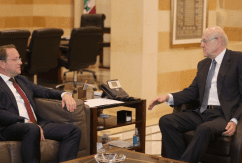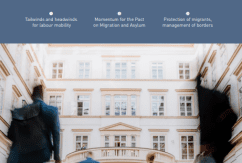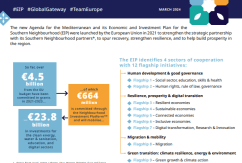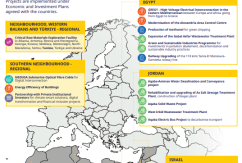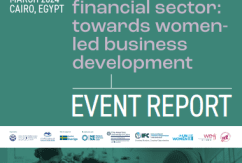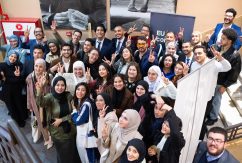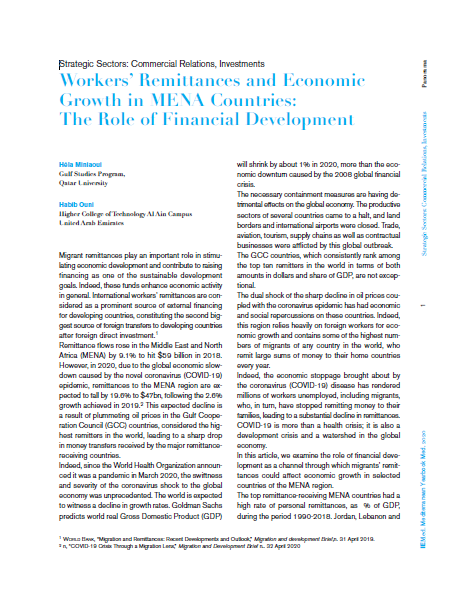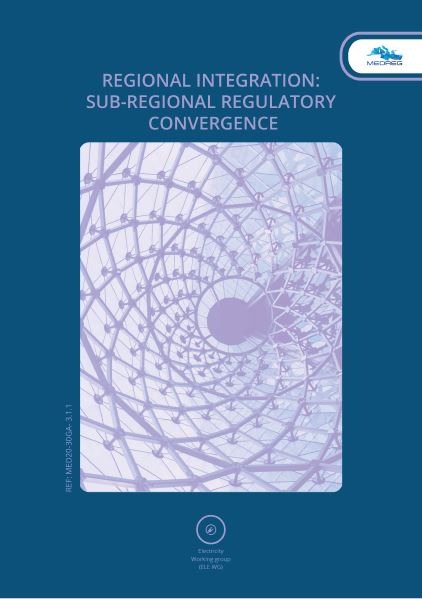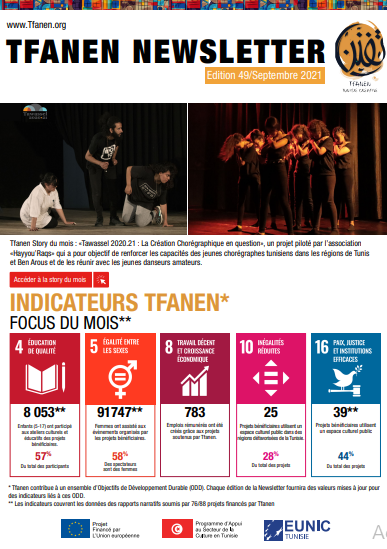MADRE White Paper : Consumer Innovation in Urban and Peri-Urban Agriculture in the Mediterranean Region
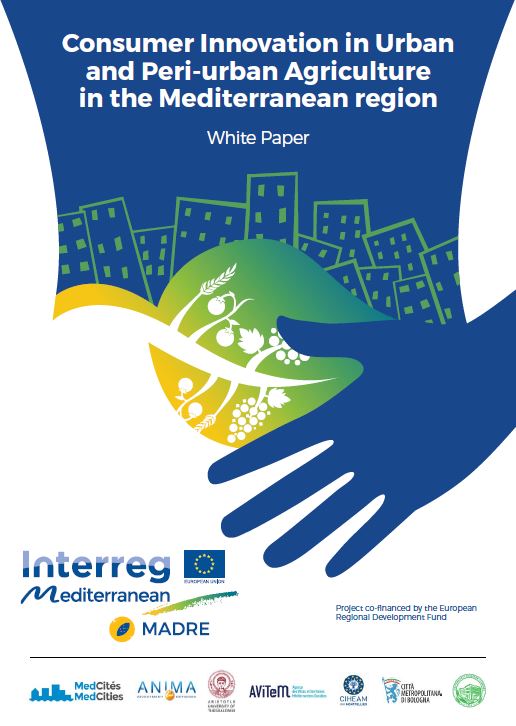

New forms of retailing are arising with the objective of making peri-urban food available at daily basis and affordable prices and establishing direct links with metropolitan farmers. Consumers’ associations are also very active to create pressure groups and frequently develop successful collaborations with local public authorities to gain access to allotments for community gardens and keep green areas free from urbanisation, among others. These actions can be understood as a form of ‘consumer-citizenship’, which is the main focus of this document.
This report has been prepared in the context of MADRE, a capitalization Interreg Med project that addresses urban and peri-urban agriculture in 6 metropolitan areas (Barcelona, Montpellier, Marseille, Bologna, Tirana and Thessaloniki) with the objective of sharing good practices and creating a Mediterranean network of cooperation. Building on local participatory diagnoses, a series of transnational meetings were held in order to discuss different aspects of this issue.
This report is one of the 6 ‘white papers’ deriving from these meetings. In particular, consumer innovation was addressed at a Workshop held in Tirana on 22-23 March 2018 with the participation of about 60 participants from different stakeholder groups of the 6 metropolitan areas: farmers and business sphere (16%), academia and research (37%), civil society (30%) and public authorities (17%). The case studies presented in this document are included in the ‘Urban and Peri-Urban Agriculture Best Practice Catalogue’, a collection of 36 key initiatives from the 6 MADRE metropolitan areas. The analysis presented here also complements a more succinct policy recommendations report. All these documents can be accessed through MADRE’s website.
The review of the topic and recommendations that follow aim to address all Mediterranean metropolises. As they emerge to a great extent from the discussions held in the context of the project’s participatory meetings, their relevance and comprehensiveness might be somehow limited by the diversity, expertise and geographic scope of participants. Nevertheless, they pursue a regional dimension of the issue.
The report consists of a general description of consumer innovation in the context of urban and peri-urban agriculture, after which the main discussions from the project are presented. The last section presents succinct recommendations both for civil society and policy-makers on how to further develop this issue.


